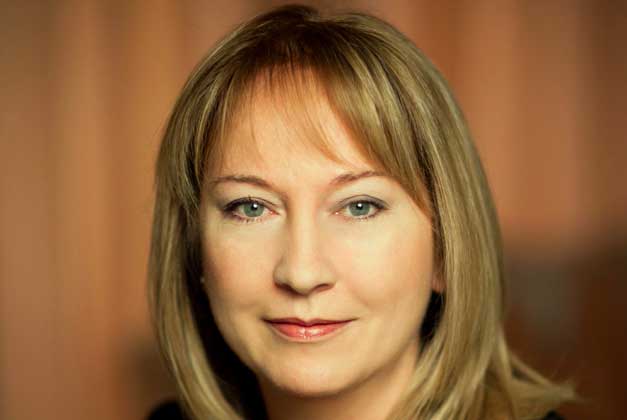As the crescendo of the marketing calendar grows near – my local Co-op and M&S are already selling festive-looking boxes of mince pies – brands proudly begin to unveil the celebrities they have enlisted to endorse their services in the run-up to the holiday season.
Morrisons, it turns out, begs to differ. The retailer knows a few things about celebrities - its star line-up has included singer Lulu, 'Top Gear' host Richard Hammond and more recently cricketer Freddie Flintoff – so its retreat from using famous faces for its next campaign is interesting.
The wide spectrum of celebrity marketing risk is well known, ranging from failing to deliver a return, right through to brand damage if the chosen celeb misbehaves or commits, or is accused of committing, a crime*.
When that happens, brands are in the invidious position of either sticking by their disgraced celebrity, as Nike and AB InBev are doing with , or walking away from their expensive investment.
Where celebrity choice goes right, that is, when an admirable personality (Usain Bolt, for instance) is the perfect fit with a brand’s essential story (think Virgin Media), that brand can gain huge cut-through in a crowded category.
So is it riskier for Morrisons not to do celebrity ads? A Nielsen study conducted in 2010 would suggest so, identifying the ‘celebrity boost’ of festive ads, with celeb-based ads recalled 36% more, and liked 100% more, than those without.
More significant than recall, however, is whether celebrities actually influence a consumer’s drive to purchase. Evidence suggests that depending on the category, they do. A weighty study conducted by academics at Carnegie Mellon University found that between 2000-2010, Nike’s golf ball division reaped a boost in profits of $103 million from extra sales, thanks to the Tiger Woods’ endorsement effect.
Morrisons’ celeb embargo is flying in the face of such proof, as well as received wisdom for grocery retailers for whom celebrities have become the sine qua non of marketing.
Perhaps therein lies the logic of Morrisons’ conclusion that it no longer needs stars to hawk its wares. As it removes itself from the deluged and risky celebrity fray, Morrisons may just get that vital cut-through.
Noelle McElhatton is editor of Marketing.
Follow her on twitter: @n_mcelhatton
*The perils of celebrity endorsement were further rammed home as Marketing went to press yesterday (Monday 15 October), when an embarrassing oversight by the Volkswagen Commercial Vehicles web team came to light.
With the child abuse scandal surrounding the late Jimmy Saville showing no signs of abating, a Volkswagen Commercial Vehicles website had purchased a Volkswagen California camper van.


